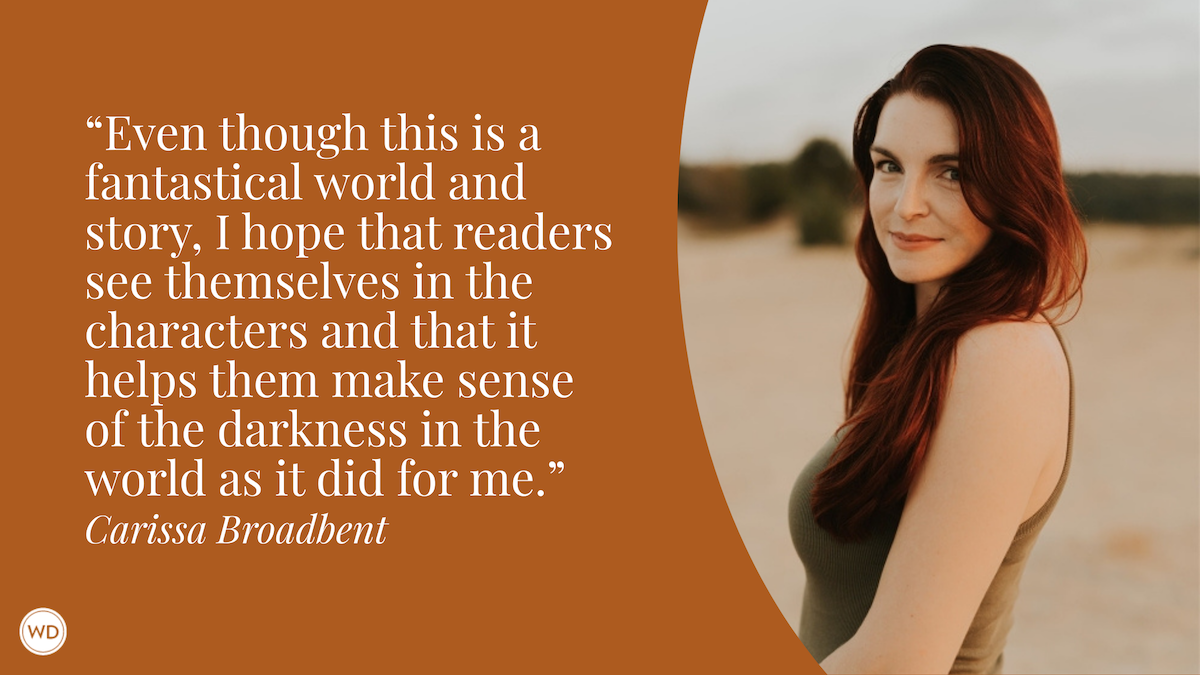Sedation vs. Sedition (Grammar Rules)
Learn when to use sedation vs. sedition with Grammar Rules from the Writer’s Digest editors, including a few examples of correct usages.
Sometimes we look at homophones on here. However, there are times when the words are spelled and pronounced in different ways, but people confuse the which word is appropriate to use. Recently, I've noticed a few probable mix-ups of the words of sedation and sedition on social media.
So let's look at the differences of sedation and sedition, including a few examples of correct usages.
Sedation vs. Sedition
Sedation is a noun that describes the process of inducing a relaxed state with the use of sedatives and/or being in that (or a similar) relaxed state. It's sort of like the popular song by The Ramones, "I Wanna Be Sedated."
Sedition, on the other hand, is a noun meaning the incitement of resistance to or insurrection against lawful authority. So an insurrection is the actual act of revolt, while sedition is the incitement, whether through propaganda, speeches, or some other form of motivation.
Make sense?
Here are some examples:
Correct: He asked the dentist for sedation before the oral surgery.
Incorrect: He asked the dentist for sedition before the oral surgery.
Correct: Some officials claim the speech she gave right before the revolt was an act of sedition.
Incorrect: Some officials claim the speech she gave right before the revolt was an act of sedation.
In many ways, these two words should be easy to keep separate, because they're almost like polar opposites. One is used in relation to relaxing or calming a situation; the other is used to turn the temperature up.
*****
No matter what type of writing you do, mastering the fundamentals of grammar and mechanics is an important first step to having a successful writing career.









